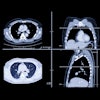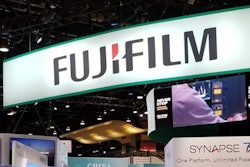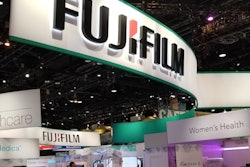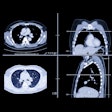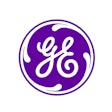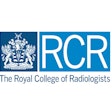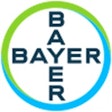
The board of directors of Japanese industrial conglomerate Hitachi has voted to sell its Hitachi Medical division to Fujifilm for a total price of 179 billion yen (1.47 billion euros). The deal will combine two second-tier players in the radiology industry to create a firm that could compete with the largest multimodality vendors.
The Hitachi board voted December 18 to approve the deal, the day after it came to light in press reports. Hitachi said it would create a holding company for the medical business and then transfer all shares of that company to Fujifilm. The deal is expected to be completed in July 2020.
The deal continues Fujifilm's effort to grow its position in the healthcare space, while Hitachi was said to be interested in selling the division to focus on core assets. In announcing the deal, Hitachi said it had made progress recently to strengthen the Hitachi Medical business, such as by establishing an efficient management structure and reorganizating the unit and a related ultrasound division, Hitachi Aloka Medical.
The imaging operations to go with the spun-off company include Hitachi's MRI, CT, x-ray, and ultrasound operations, as well as its electronic health records business, with annual revenues of 1.18 billion euros. They will be matched with Fujifilm's strengths in digital x-ray and enterprise image management software.
In its own statement, Fujifilm said it expected to grow the Hitachi operations by applying its image processing and artificial intelligence (AI) technologies to Hitachi's products. The company also said it plans to leverage Hitachi's "strong global sales network."
Hitachi noted that the medical imaging division is expected to see steady growth due to aging populations and an increase in chronic diseases in the developed world, while developing countries are demanding improved healthcare as they grow. The company said Hitachi agreed to the deal due to Fujifilm's "highly complementary sales channels" and "outstanding technological capabilities" in areas like image processing.
Hitachi further noted that the company plans to retain its particle therapy systems business, and keep and improve its in vitro diagnostics business. Hitachi will also continue to offer IT services, like a platform that links medical and nursing data, and new services using AI and analytics.
Hitachi entered the medical imaging industry with the launch of x-ray systems in 1953. In addition to a strong position in its home market of Japan, the company is known in the U.S. for its position in marketing MRI systems in the outpatient imaging center market. It recently began introducing CT scanners into the U.S., and Hitachi also maintains an active ultrasound business with its Hitachi Aloka Medical division.
Industry analysts say the combined Fujifilm/Hitachi business should have an 8.4% share of the global radiology market, compared with 9.5% for Canon and shares over 20% each for GE, Siemens, and Philips.



